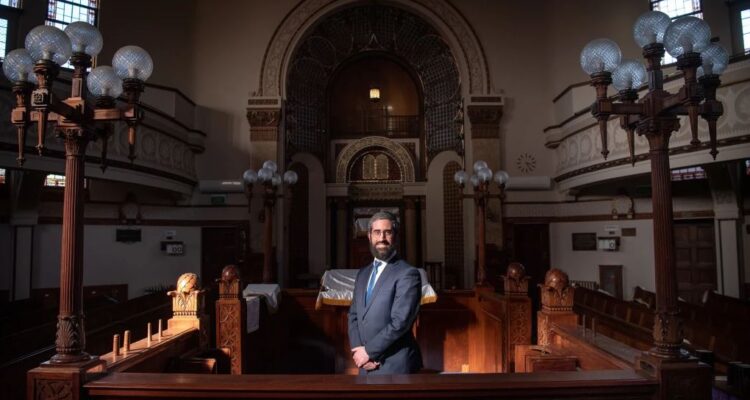Among the rich tapestry of cultural and religious traditions that punctuate multicultural Victoria, the festival of Rosh Hashanah (the Jewish New Year) carries a universal message that is not limited to the Jewish experience.
While deeply rooted in Judaism, Rosh Hashanah holds profound broader significance. It marks the day on which, according to Jewish tradition, God created Adam and Eve – almost 2000 years before the birth of the world’s first Jew (Abraham).
Rosh Hashanah, which starts this Friday, is recognised as a time of reflection, repentance and renewal. It marks the beginning of the solemn High Holy Days and culminates with Yom Kippur, the Day of Atonement. Beyond its religious significance, this festival is centred around the theme of personal self-improvement and the opportunity for a fresh start.
Reflection and renewal is traditionally evoked by blowing a ram’s horn in a synagogue or at home. The piercing sounds of the shofar are seen as a spiritual alarm clock – a moment believed to awaken the soul and act as a catalyst for introspection and self-improvement. In a multicultural society like Victoria, it reminds us that, regardless of our backgrounds, we all have a role to play in making our communities more harmonious and compassionate.
Rosh Hashanah’s culinary traditions offer an opportunity for cross-cultural exchange. The custom of eating sweet foods, such as apples dipped in honey, symbolises the hope for a sweet and fruitful year ahead. This simple yet profound gesture can be shared with neighbours and friends of different backgrounds, fostering a sense of togetherness.
Read the article by Rabbi Yaakov Glasman in The Sydney Morning Herald.

